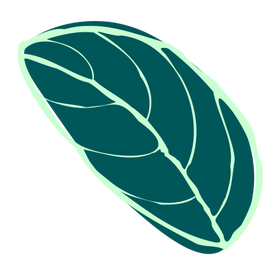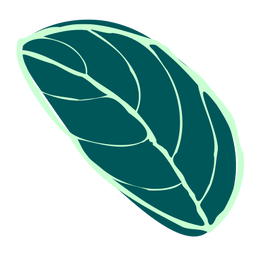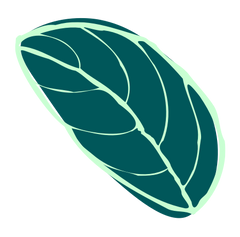February 15th, 2022 - WhatIF Foods has become a member of The Pond Foundation which will support it to build regenerative raw material supply chains and take its own strong, credible climate action.
WhatIF Foods is a food company founded on regenerative principles. We believe sustainability is no longer enough, and that we must work to regenerate by building a food system that promotes a healthier diet, agrobiodiversity, and a fairer economy. In this endeavour, we seek to make foods that replenish diets, restore the environment to the best of our ability, and reconnect with farming communities. Understanding that cooperation is the foundation for change, WhatIF Foods has turned to The Pond Foundation to help make its vision a reality.
The Pond Foundation is a non-profit founded by Scott Poynton, who, for 20 years, spent time with big and small organizations alike to drive grounded actions for earth-serving change. The Pond Foundation engages businesses through two programs. The Nutritional Paradox program helps food sector companies build regenerative supply chains, and My Carbon Zero helps individuals and organizations to take credible climate action by calculating their Lifetime Carbon Balance and engaging them in carbon emissions reduction actions and verified carbon sequestration projects.
Together with The Pond Foundation, WhatIF Foods is embarking on a journey to not only hold itself accountable for the impact it creates, but also to build, from the ground up, a value chain that embodies the ReGeneration.
Christoph Langwallner, CEO of WhatIF Foods, shares: ‘Between hope and impact is action. Our boots are on the ground and we are building with the best intent. How far this will get us – today, we cannot really say but we are having a very good go at doing what’s right.’
WhatIF Foods’ three pillars of ReGeneration that encompass three imperatives under Replenish, Restore, and Reconnect.
Our current food system is outdated and broken. The shared goal of WhatIF Foods and The Pond Foundation is to build a food system that is fit for the 21st Century.
This means a supply chain that:
- Produces foods that nourish us rather than fill us with empty calories that can negatively affect our health.
- Respects the delicate balance we must maintain to ensure our planet remains habitable for us today and for future generations.
- Creates beneficial livelihoods for farming communities, supporting them to build a life on their land that will attract a new generation to our most important craft.
Starting with Ghana
The call-to-action sees WhatIF Foods and The Pond Foundation working at the grassroots level. The Pond Foundation is already a space for many to come and find inspiration. Our joint effort will make even more ripples for positive change. The Pond Foundation is supporting WhatIF Foods’ goal of bringing its Creating Life Policy to reality. This means focusing on what matters right now: increasing agro-biodiversity, nitrogen fixation, and the expanded cultivation of climate-resilient, hardy legumes that improve the world’s soils and diets. From a climate perspective, it means removing from the atmosphere all the carbon emissions WhatIF Foods has created since its inception but doing so through true circularity – putting carbon back into the soils and trees of the farmers who grow our raw materials.
WhatIF Foods’ quest starts in West Africa where we have identified the Bambara Groundnut, an ideal crop to start introducing agrobiodiversity back into diets, and by extension, the food system. It is a complete and nutritious food that grows in harsh conditions, requires little resources, fixes nitrogen, and helps build an underground root system that is inducive to soil restoration. Scott, The Pond Foundation’s founder, is in Ghana now working with institutions and communities to bring the vision to life.
Seeking transparency, WhatIF Foods will document its journey to bring about the Regeneration.
What's next?
Read all about the mighty BAMnut and its journey to your kitchen here.
Learn more about the show-stopping nutritional profile of BAMnut here.
Discover how biochar plays an important role in reducing our carbon footprint here.
Find out how we create a Better Better with our partner farming communities here.




